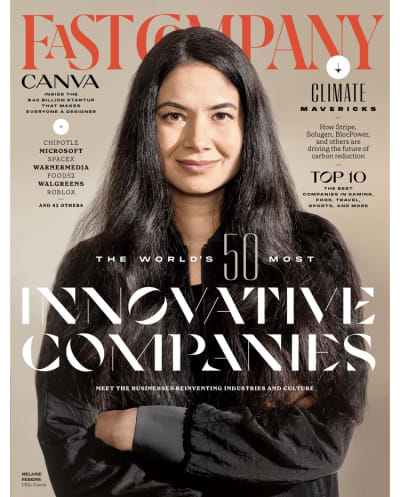When a group of the poorest households in West Bengal, India, received a one-time economic boost—an influx of capital like a cow, or an inventory of trinkets they could then sell at a market—that “big push” didn’t only help them out momentarily. It improved their lives even a decade later.
The experiment in West Bengal, based on a program called “Targeting the Ultra Poor,” pioneered by a Bangladeshi NGO called BRAC, began in 2007 and was part of a series of experiments testing economic interventions in六个不同的国家. It focused on the poorest people in villages there, those who had to beg to survive, who had no other economic resources to draw on.
“有一些漫长的传统观点,也许这些人无法维持自己,” Abhijit Banerjee说,麻省理工学院的诺贝尔奖获得者和最近的合着者发表论文看这项研究的影响十年后。“这是一种挑战这种观点的尝试。从某种意义上说,看看我们是否真的给了他们足够的开始,他们是否能够坚持下去。”
该计划包括一次经济增长(在266个参与的家庭中,有82%选择牲畜),以及30至40周的消费支持(例如,在生产牛奶之前帮助喂养牛),每周拜访18个月以上来自印度银行的工作人员,他们培训了参与者的财务,生活技能和健康信息。参与该项目的人在很大程度上没有从事工作,也没有接受过正规教育,因此需要一些指导。例如,一位参与者是一个从未乘公共汽车的女性,因此她需要帮助学习如何首先阅读数字才能知道哪辆公共汽车将她带入市场。
该计划开始后的十八个月,参加的家庭每月赚取170美元。三年后,他们每月赚取313美元;7年后,每月最高$ 617;到10年,他们的收入为每月680美元。
由于整个印度的经济增长更广泛,但没有得到经济增长的控制家庭在十年中也赚了更多的钱,但与最初额外推动的人的速度不一样。在接受干预措施十年后,与该计划中没有的居民相比,这项实验的居民高约30%。该计划开始十年后,没有参加的家庭每月收入约为497美元,几乎少200美元。
What contributed to the difference? Families who received the boost were able to take advantage of better opportunities, Banerjee says, including migrating further to cities that offered better paying jobs. Those in the control group migrated less: to the nearest big city rather than the best option. Moving requires savings; the boost may have made it easier for families to save up—or it could have also given them more confidence to try, Banerjee adds.
There were other benefits from participating in the program, too. Banerjee notes that mental health was an area where researchers have seen strong effects, not only from this study but other similar ones. People in households that benefited from the program were also more productive by an average of 60 more minutes after 18 months, and still by 30 more minutes after 10 years.
“有一个非常普遍的问题,因为获得这个机会,它们会以某种方式变得懒惰;如果有的话,我们发现相反的情况。他们的工作要努力,” Banerjee说。“但最重要的是,它们是进取的。”一开始,也许他们专注于那头牛作为他们的主要收入来源。十年后,也许他们的情况会好转,因为他们已经搬家并给孩子带来了更好的机会。这些家庭表明他们可以灵活,并且可以利用“市场机会”。
The program in India wasn’t a直接现金转移, since the families were given assets rather than money, but it had the same motivation as cash-transfer orguaranteed-income近年来越来越受欢迎的计划:如果我们给人们一块钱(或其他资产),它会产生长期影响吗?班纳吉说:“一般的观点是,大力推动的作用。”“这并不是最贫穷的人是报价的失败者。他们是从来没有生命机会的人,现在就这样做了。”

